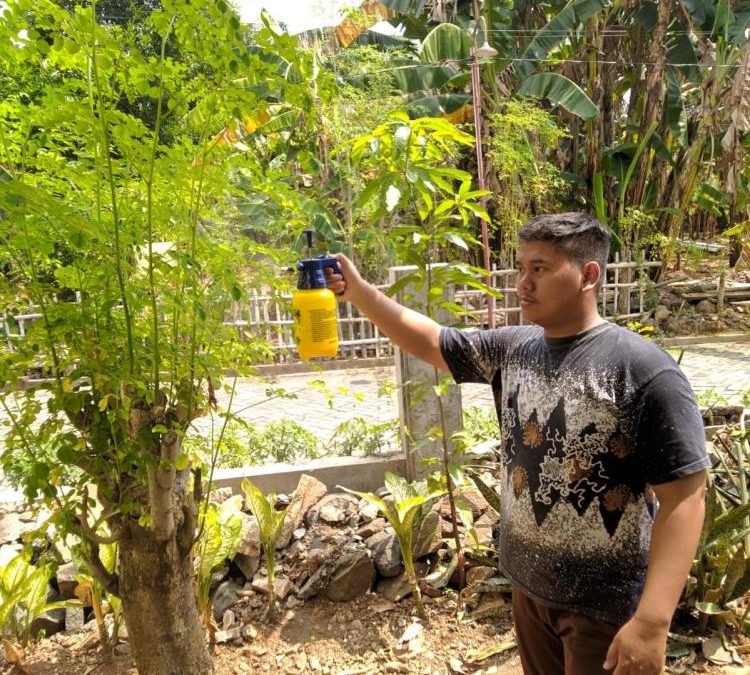In the quest for sustainable agriculture, the search for eco-friendly pest control solutions is paramount. Moringa Oleifera, widely recognized for its nutritional and medicinal properties, also emerges as a promising candidate in the realm of natural pesticides. This exploration delves into the potential of Moringa extracts as an environmentally friendly pest control solution in organic farming, highlighting both the prospects and challenges associated with its use.
The Potential of Moringa Extracts
Natural Composition: Moringa extracts, derived from the leaves, seeds, and even the roots of the Moringa tree, contain a rich blend of bioactive compounds, including saponins, tannins, and flavonoids. These compounds have been shown to exhibit pesticidal properties, capable of deterring a variety of pests and insects that threaten crops.
Eco-Friendly Solution: Unlike synthetic pesticides, Moringa-based pesticides are biodegradable and non-toxic to non-target organisms, including humans. This makes them an ideal choice for organic farming, where the use of chemical pesticides is restricted, and environmental preservation is a priority.
Broad-Spectrum Efficacy: Research has demonstrated the effectiveness of Moringa extracts against several agricultural pests, including aphids, caterpillars, and beetles. Its broad-spectrum activity can reduce the need for multiple pesticides, simplifying pest management strategies for farmers.
Integrating Moringa into Organic Farming
Application Methods: Moringa pesticide can be prepared by extracting compounds from dried leaves or seeds using water or a solvent. This extract can then be applied directly to crops using conventional spraying equipment. The concentration and frequency of application can vary depending on the pest species and crop type.
Complementary Pest Control: Moringa-based pesticides can be integrated into a holistic pest management strategy, complementing other organic practices such as crop rotation, intercropping, and the use of beneficial insects.
Challenges and Considerations
Standardization and Efficacy: One of the primary challenges in adopting Moringa as a natural pesticide is the lack of standardization in preparation methods, which can lead to variability in efficacy. Further research is needed to establish optimal extraction and application techniques that maximize pest control benefits.
Regulatory Approval: As with any pesticide, natural or synthetic, regulatory approval is crucial. Moringa-based pesticides must undergo rigorous testing to ensure their safety and effectiveness before they can be widely adopted in organic farming.
Farmer Education and Adoption: Educating farmers about the benefits and proper use of Moringa-based pesticides is essential for their adoption. Demonstrations, workshops, and extension services can play a key role in disseminating knowledge and encouraging the transition to eco-friendly pest control solutions.
The potential of Moringa extracts as natural pesticides offers a promising avenue for sustainable agriculture, particularly in organic farming contexts. By harnessing the pesticidal properties of Moringa, farmers can protect their crops from pests while minimizing environmental impact and preserving biodiversity. However, overcoming the challenges of standardization, regulatory approval, and farmer education is crucial for the widespread adoption of Moringa-based pest control solutions. As research progresses and awareness grows, Moringa could play a significant role in shaping the future of eco-friendly agriculture.
Final Thoughts
The journey towards sustainable farming practices is complex and multifaceted, requiring innovation, collaboration, and a commitment to environmental stewardship. Moringa, with its natural pesticidal properties, represents a step forward in this journey, offering a glimpse into a future where agriculture works in harmony with nature, rather than against it.

